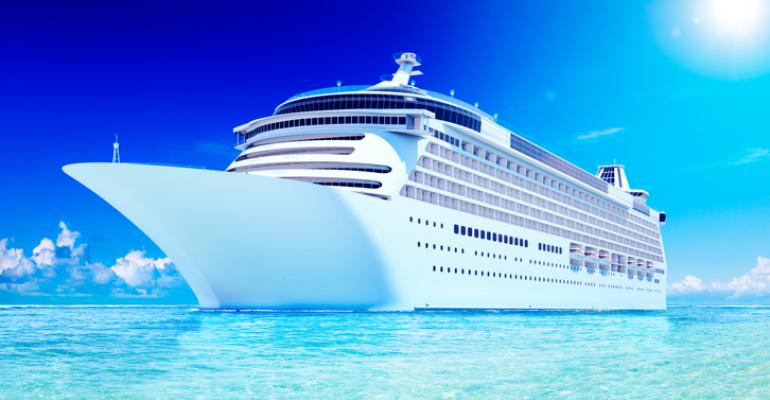Cruise ships are an increasingly popular option for meetings and incentives, and for good reason. They generally have everything you need in one place, from meals and meeting space to AV and recreation. There are fewer distractions to pull your attendees’ attention away from what you want them to see/do/learn, and they give you a way to provide multiple destinations without making your attendees continually pack and unpack their belongings.
However, as is the case when contracting with any meeting venue, think about what you are committing to before you sign the contract. Joshua Grimes, president of Grimes Law Offices LLC, says that in his experience, cruise lines tend to be less flexible than hotels and resorts. And rightfully so, since their more limited inventory means that they will be less likely to recover should a group miss its revenue goals or cancel altogether.
Here are some questions that Grimes says planners should ask when contracting with cruise lines:
• What is included and what’s extra? While meals typically are included, they may not be available to your group in all of the ship’s restaurants, so ask if there are any excluded outlets. Are alcoholic beverages included? What are the service charges? What will the annual percentage increase on food and beverage be for a cruise that’s being contracted several years in advance? “While the questions may be the same as you would ask a hotel, planners may not always think to ask them if they are unfamiliar with negotiating cruise contracts,” he says.
• Can you count on the ship you book being the ship you get? Not really, says Grimes. “Many cruise contracts give the cruise line the right to substitute any ship for any reason.” While they may say they’ll use “reasonable efforts” to substitute a comparable vessel, given the limited inventory, they probably don’t have a spare identical ship sitting around, he adds. If your cruise line includes multiple brands, ask if they will guarantee that you get the same brand of ship should your original vessel have to be taken out of service, or one that offers the same level of amenities.
• What happens if the cruise line has to cancel? “Typically, if they cancel for whatever reason, your sole remedy is that they will have to return your deposit,” says Grimes. “What I typically hear is that they say they never have had to cancel, so they don’t need to have a cancellation clause in the contract. My response is that if you’ve never cancelled, why do you object to putting a clause in there to protect the group?”
• How professional are the ship’s contractors? The cruise line generally hires contractors for services ranging from entertainment to photography to medical practice—the latter of which is what most concerns Grimes. “The ship disclaims any liability for these contractors, even though they have chosen to have that contractor represent himself as the ship’s doctor. I want the cruise line to warrant that the doctor on board has a current medical license and is competent to practice medicine. It’s incumbent on the planner to insist that you have the right to verify the credentials and experience of the medical personnel in particular.” In a similar vein, cruise lines generally contract out their shore excursions, but will disclaim any liability related to those excursions, he says. “Planners should consider whether they want to trust the cruise line’s shore excursion contractors, or have the right to check out these contractors themselves, or negotiate the right to organize their own shore excursions with contractors they trust.”
• How inclusive is the force majeure clause? Grimes says that most cruise contract force majeure clauses are narrowly written to only cover situations that make it impossible or illegal to go forward with the cruise. But what if a situation arises where the ship itself will have no problem leaving the port, but the airports are shut down so your attendees can’t get there? Try to give yourself some room to negotiate, he suggests.
• How do they handle refunds? Most cruise lines require full payment in advance, which could add up to a million dollars if you’re buying out an entire ship for a week, he says. In addition to purchasing special cruise insurance, he says to include in your negotiations how you would get your money back if something were to happen.
In addition to contractual issues, planners also should be diligent about informing attendees on cruise-specific issues. For example, while missing a flight to a meeting in Orlando might mean you just miss the opening reception after catching a later flight, missing a cruise boarding becomes a lot more complicated. Grimes suggests flying in attendees the day before the cruise is to begin, and educating them about the importance of getting to the boarding area on time.
Also, advise attendees to pay particular attention to passport and visa issues, especially if the ship will be stopping at several international ports of call. “Put some language in your registration materials that the meeting planner and the host organization aren’t responsible for an individual’s failure to obtain the correct visas, just as you would with any other international meeting.”





